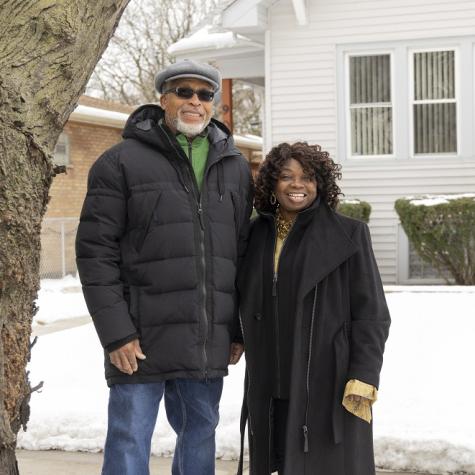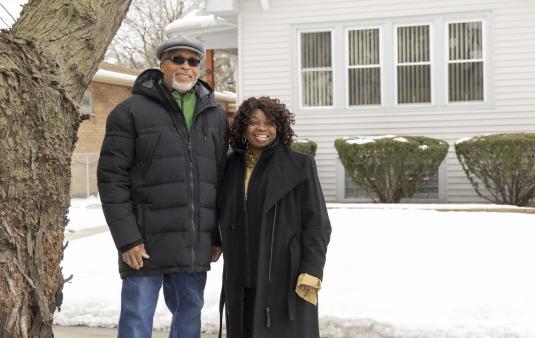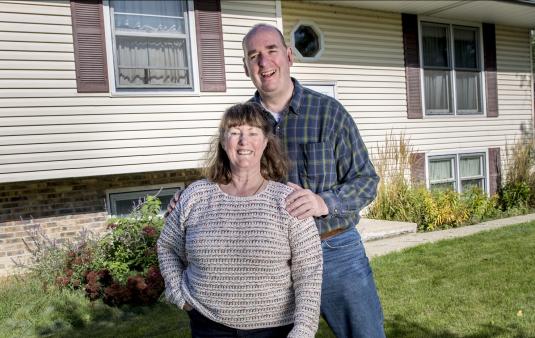How long does it take to foreclose on a home in Illinois?
Foreclosure is a complicated multistep legal process that allows mortgage lenders to repossess homes from homeowners who have missed payments on their mortgage loan. In Illinois, the foreclosure process can start about 4 months after your first missed mortgage payment. The entire foreclosure process takes several months to complete.
What is the best way to avoid foreclosure in Illinois?
The first step for any homeowner facing foreclosure or eviction should be to contact a HUD-approved housing counselor to better understand your options. These services are typically free and offered by a local nonprofit.
BlueHub SUN may also be an option to prevent foreclosure and eviction. Find out if you qualify.
10 steps in the Illinois home foreclosure process
Understanding the steps involved in the foreclosure process can help Illinoisans better navigate this difficult situation.








